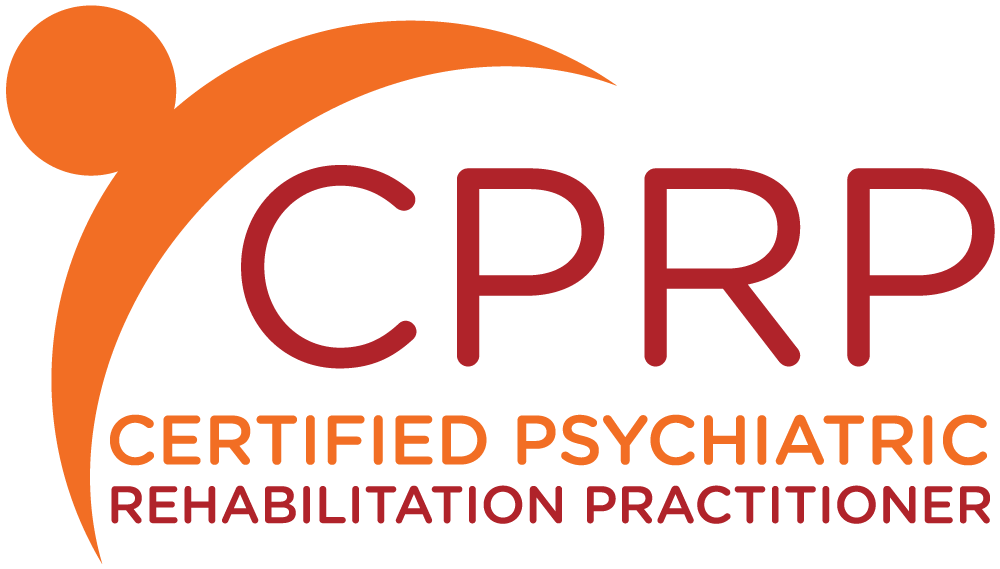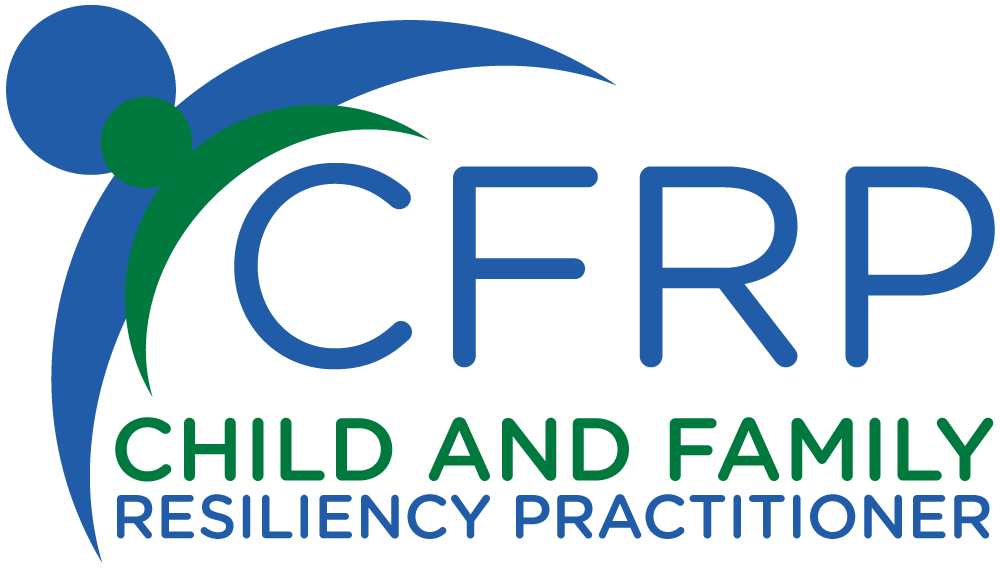Description
How do you know if you’re doing the right thing? What do you know about PSR? When do you have an ethical duty to breach confidentiality? What are the ethics involved in advocacy? How is teamwork affected by the ethical code? What if we can’t avoid dual relationships? My client found me on Facebook and sent me a friend request - what do I do? Join Deb Brasher, MS, CPRP for this four-part series on Ethics and Boundaries and find out!
Pricing
Registration for this series includes access to all four parts:
- PRA Individual Member: $99.99
- PRA Organizational Member: $89.99 / employee
- Nonmember: $159.99
Course Overview
Part 1: How do you know if you’re doing the right thing? It’s important to be well-versed in the code of ethics of your profession, which can guide your behavior and help you to make the right choice in difficult situations. This session will cover an overview of ethics, common infractions, risk factors for ethical mistakes and a boundary/ethics decision-making process. Participants will review the 5 Fundamental Principles of the CPRP/CFRP Code of Ethics and evaluate ethical challenges to determine the best course of action.
Part 2: What do you know about PSR? When do you have an ethical duty to breach confidentiality? What are the ethics involved in advocacy? What do you mean by “propriety” when it comes to my employment and my personal life? This session focuses on the 4 Fundamental Standards in the CPRP/CFRP Code of Ethics. In addition, participants will learn about the ethics of Termination – what are the factors important in ending a therapeutic relationship positively. We’ll also cover the ethics of Collaboration – how you work with other providers is another piece of ethical behavior on the job.
Part 3: We often think of ethics in relationship to the clients we serve – it is also part of our relationship with colleagues. What does this mean we do? How is teamwork affected by the ethical code? In addition, this session covers the ethics of supervision and the additional ethical issues that supervisors face. We dive into the issue of Culture and Ethics and review the PRA Multicultural Principles. Last, but surely not least, this segment looks at dual relationships. What does that mean? What if we can’t avoid them?
Part 4: “My client found me on Facebook and sent me a friend request. What do I do?” Social media challenges are new territory for ethics. What are the guiding principles in a social media policy? Next, we’ll look at the subject of boundaries and boundary crossings. Topics include: dealing kindly with a client who is attracted to you, dealing with your attraction to a client, decisions about self-disclosure, defining personal preferences like whether/not you are comfortable talking about spirituality with a client, and what to do when you are offered a gift. Finally, and perhaps most important, why self-care is an ethical mandate.
Target Audience
Certified Psychiatric Rehabilitation Practitioners (CPRPs) and CPRP Candidates, Certified Child and Family Resiliency Practitioners (CFRPs) and CFRP Candidates.
Difficulty Level
Intermediate
Learning Objectives
Part 1: After completion of this educational activity, participants will be able to:
- Name one example for each of the five fundamental principles for psychiatric rehabilitation practitioners.
- Identify the ethical choice following three vignettes.
Part 2: After completion of this educational activity, participants will be able to:
- Give an example of at least three of the Fundamental Standards in the CPRP/CFRP Code of Ethics.
- Describe the circumstances under which a practitioner can breach confidentiality.
Part 3: After completion of this educational activity, participants will be able to:
- Identify at least three ways to behave ethically in colleague relationships.
- Name at least two elements of the DSM V Cultural Formulation.
- Define dual relationships.
Part 4: After completion of this educational activity, participants will be able to:
- Define three key ways you can protect client privacy on social media.
- Evaluate and identify the best responses to three boundary situations.
- Define your personal parameters for self-disclosure.
Instructor Bio
 Debra Brasher, MS, CPRP, CFE brings over 30 years of experience in supervising and training staff in community mental health services. She is a consultant and trainer with Inspired at Work as well as the Director of Training and Education for the California Association of Social Rehabilitation Agencies (CASRA), a state-wide association of non-profits working in the public behavioral health system. She has worked in many capacities in the non-profit sector, in direct services as well as administration. She has provided training for consumer and family member staff for San Mateo County Behavioral Health and Recovery Services for many years.
Debra Brasher, MS, CPRP, CFE brings over 30 years of experience in supervising and training staff in community mental health services. She is a consultant and trainer with Inspired at Work as well as the Director of Training and Education for the California Association of Social Rehabilitation Agencies (CASRA), a state-wide association of non-profits working in the public behavioral health system. She has worked in many capacities in the non-profit sector, in direct services as well as administration. She has provided training for consumer and family member staff for San Mateo County Behavioral Health and Recovery Services for many years.
Debra has also worked on statewide projects, such as Transformational Care Planning (recovery-oriented treatment planning and documentation) with the California Institute for Behavioral Health Solutions and Peer Support Specialist Certification with the Working Well Together Collaborative. As part of this project she co-produced three papers with Lucinda Dei Rossi: 1) Certification of Consumer, Youth, Family and Parent Providers: A Review of the Research, 2) Certification of Consumer, Youth, Family and Peer Providers: A Summary of Statewide Stakeholder Meetings and 3) Final Report: Recommendations from the Statewide Summit on Certification of Peer Providers. She also co-facilitated five statewide stakeholder meetings and co-presented to many stakeholder groups about the project.
Debra is an experienced curriculum developer and trainer, with a particular interest in training consumer staff for work in the mental health field and working with their colleagues to promote their successful integration on the team. She coordinated the development of CASRA’s five course PSR Curriculum and authored the Introduction to PSR course. She recently worked with the CASRA team to develop the Toolkit for Integration of Peers in Integrated Healthcare Settings.
Instructional Methods
Lecture (PowerPoint + Audio)
Cancellation/Refund Policy
All purchases are final. If you believe you are eligible for a rate you do not see in the cart, DO NOT complete your purchase; instead, email info@psychrehabassociation.org for assistance. If you are unable to attend the live webinar, an on-demand version will be available approximately one week after the live event.
Registration Information
Individual Registration: To register, click the link at the top left of this screen. Follow the Purchase link to view the course in the PRA online store, add to cart, then proceed through the checkout process. Once registered, you will receive both an emailed confirmation and a separate email with instructions on accessing the course.
Group Registration: When following the registration instructions above, you will be prompted to select individual or group registration. Group registration will allow the purchasing user to select multiple individuals (linked to the same organization) to register. All participants must be registered for the course to receive CE credit. If any participant does not appear on the list of linked individuals, email info@psychrehabassociation.org to have them linked to the organization, then proceed with registration.
Special Needs Requests
In compliance with ADA regulations, the Academy for Psychiatric Rehabilitation and Recovery will make all reasonable efforts to ensure those with disabilities are given equal opportunity to participate in the activity. Please submit any request for accommodation in detail via email to info@psychrehabassociation.org at least 48 hours in advance.
Course Completion Requirements
On-Demand Course: In order to complete each part of this series, participants must view the full recording (60 minutes), complete a post-test, and complete a course evaluation. Upon completion of all requirements, CE certificates will be available to view/download/print directly from the site.
Group Viewing (On-Demand Course): If a group of registered participants views the on-demand course together, they must each individually complete the post-test and course evaluation online before receiving CE Certificate(s).

 The Academy of Psychiatric Rehabilitation and Recovery, provider #1975, is approved by the Psychiatric Rehabilitation Association (PRA) to provide continuing education to Certified Psychiatric Rehabilitation Practitioners (CPRPs) and CPRP candidates.
The Academy of Psychiatric Rehabilitation and Recovery, provider #1975, is approved by the Psychiatric Rehabilitation Association (PRA) to provide continuing education to Certified Psychiatric Rehabilitation Practitioners (CPRPs) and CPRP candidates.